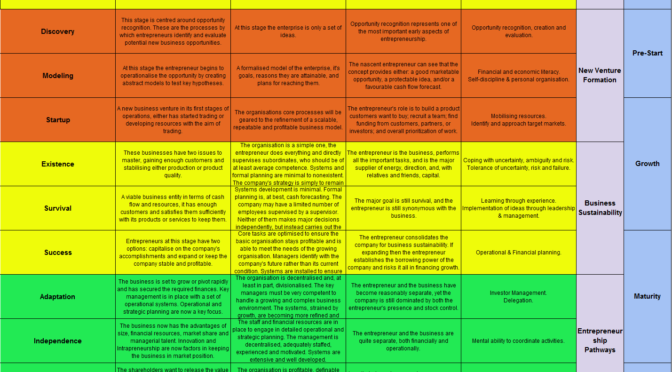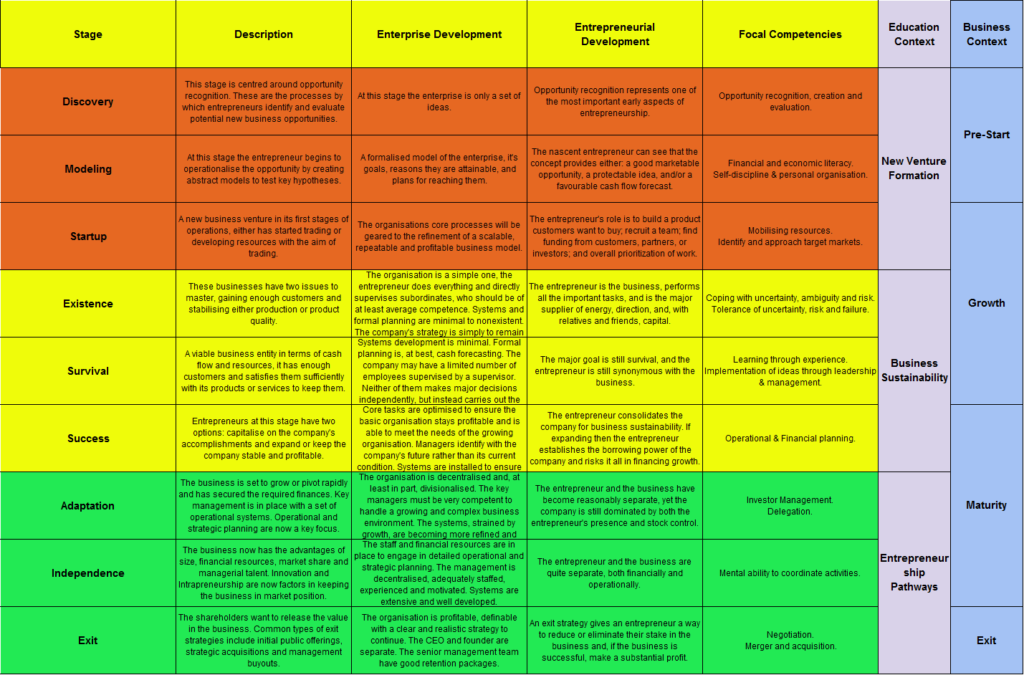Introduction
For aspiring entrepreneurs, embarking on the journey of starting a business is both thrilling and daunting. A key challenge lies in identifying the right business model that aligns with market demands and sets the venture on a path to success. Fortunately, Artificial Intelligence (AI) has emerged as an invaluable ally in this pursuit. Leveraging AI-driven insights and advanced analytics, startup founders can navigate the complex landscape of business models, leading to informed decisions and increased chances of sustainable growth. In this blog, we will explore how AI supports startup founders in discovering the ideal business model for their ventures.
1. Market Analysis and Research
AI-enabled tools can efficiently analyze vast amounts of market data, industry trends, and consumer behavior. By examining competitor strategies and customer preferences, startup founders gain comprehensive insights that influence their business model selection. Armed with accurate data, they can identify market gaps and opportunities, ensuring the chosen model addresses unmet needs. This data-driven approach minimizes risks associated with assumptions and increases the likelihood of market fit. (Reference: [1])
2. Predictive Analytics for Business Projections
AI employs predictive analytics to anticipate market changes, customer demands, and industry shifts. Startup founders can utilize this information to project how different business models may perform in the future. By simulating scenarios, AI can help identify potential challenges and optimize strategies for long-term sustainability. Additionally, predictive analytics assists in identifying revenue streams, pricing strategies, and customer acquisition models that align with the startup’s vision. (Reference: [2])
3. Personalization and Customer-Centric Models
AI’s ability to analyze customer data enables the creation of customer-centric business models. By understanding individual preferences, purchase history, and behavior, startups can offer personalized products or services, enhancing customer satisfaction and loyalty. AI-driven recommendations and tailored experiences create a competitive advantage, leading to increased customer retention and word-of-mouth referrals. (Reference: [3])
4. Rapid Prototyping and Iteration
AI-powered rapid prototyping tools streamline the process of testing various business models. By generating and evaluating multiple scenarios, startup founders can identify potential flaws and opportunities for improvement early on. This iterative approach saves time, resources, and effort, allowing founders to fine-tune their business models for optimal efficiency. (Reference: [4])
5. Data-Driven Decision Making
The incorporation of AI in decision-making processes ensures that choices are based on data-driven insights rather than intuition alone. Startup founders can utilize AI to test hypotheses and validate assumptions, ensuring that the chosen business model is backed by evidence and analysis. This reduces the risk of biased decision-making and increases the startup’s chances of success. (Reference: [5])
6. Competitive Intelligence and Benchmarking
AI-driven competitive intelligence tools enable startup founders to benchmark their business models against industry leaders and successful competitors. By understanding what works for others, founders can fine-tune their models and identify unique value propositions that differentiate their startups in the market. (Reference: [6])
Conclusion
In the dynamic landscape of entrepreneurship, choosing the right business model is a critical step that can determine a startup’s success. Thanks to AI’s transformative capabilities, founders can harness the power of data-driven insights, predictive analytics, and personalized experiences to craft a business model that resonates with the target audience and ensures long-term viability. By embracing AI as a partner in decision-making, startup founders can confidently navigate the uncertainties of entrepreneurship and create a solid foundation for their ventures to thrive.
References:
[1] “How AI is Revolutionizing Market Research,” Forbes.
[2] “The Role of Predictive Analytics in Business Planning,” Harvard Business Review.
[3] “The Power of Personalization in Business Models,” McKinsey & Company.
[4] “The Impact of Rapid Prototyping on Startup Success,” TechCrunch.
[5] “Data-Driven Decision Making: The AI Advantage,” Entrepreneur.
[6] “Competitive Intelligence and AI-Driven Benchmarking,” Deloitte.









